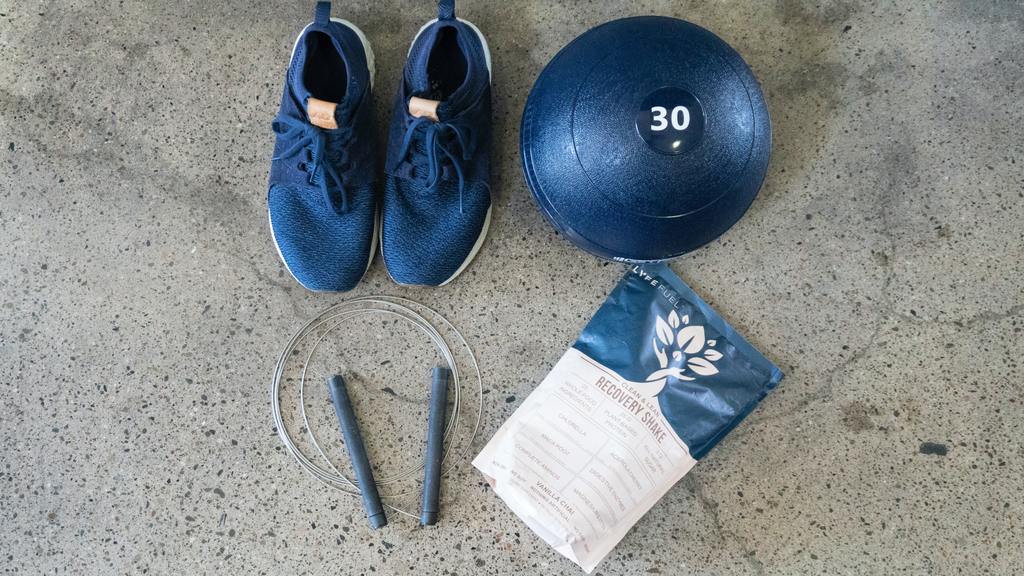Whey vs Pea Protein Post-Exercise

Proteins are very important macronutrients for the body, and they’re the building blocks of muscles.
Most adults need around 0.8 to 0.9g protein/kg per day, however, professional athletes and people who exercise regularly need more - between 1.2 to 2.0g/kg per day.
Sufficient protein intake after exercise is crucial for recovery and the regrowth of muscle fibers as they endure microscopic tears during exercise as part of the strengthening process.
Intense resistance exercises, though, can lead to muscle damage, soreness, and inflammation.
Therefore, athletes often consume protein supplements to prevent and/or alleviate soreness following a strenuous workout.
For a long time, whey protein has been the main choice for protein supplementation, but in the past two decades, pea protein has become a frequently chosen alternative.
This has been mainly due to environmental advantages and its health benefits, as well as its high protein content of 85%.
A study published in Nutrients has conducted a clinical trial to examine the effects of whey and pea protein on muscle damage and inflammation.
What Did They Find?
The study aimed to compare the effects of both protein supplements on muscle damage, delayed onset of muscle soreness, inflammation, and exercise performance.
The participants were healthy non-athletic adult males between the ages of 18-55 who were randomly given 0.9g/kg either pea or whey protein three times a day for five days.
Each day, they underwent a strenuous 90 min exercise bout followed by questionnaires and tests.
The intensity of the exercises led to a significant increase in delayed onset of muscle soreness and a certain degree of muscle damage.
However, despite the notable muscle soreness that peaked between 24-48h post-exercise, the participants were able to continue with the fitness tests.
The results were the following:
According to the researchers, using 0.3g kg/day of whey protein for recovery following intense physical exercise can reduce muscle damage
They conclude that the main probable reason for the difference between the effects of pea and whey protein was the difference of an essential amino acid content called leucine.
Leucine can stimulate muscle growth and prevent age-related muscle deterioration.
It’s a constituent of most proteins, however, compared to whey protein which contains 23.7g/100g protein, pea protein contains 17.9g/100g protein.
Their recommendation is leucine fortified pea protein.
In Conclusion
Pea protein may have many health benefits, but when it comes to intense exercise it may not be enough to aid the recovery process.
On the other hand, according to this study, whey protein is a good choice for muscle recovery following strenuous activity.
Resource: Nieman, D.C.; Zwetsloot, K.A.; Simonson, A.J.; Hoyle, A.T.; Wang, X.; Nelson, H.K.; Lefranc-Millot, C.; Guérin-Deremaux, L. Effects of Whey and Pea Protein Supplementation on Post-Eccentric Exercise Muscle Damage: A Randomized Trial. Nutrients 2020, 12, 2382. doi:https://doi.org/10.3390/nu12082382










